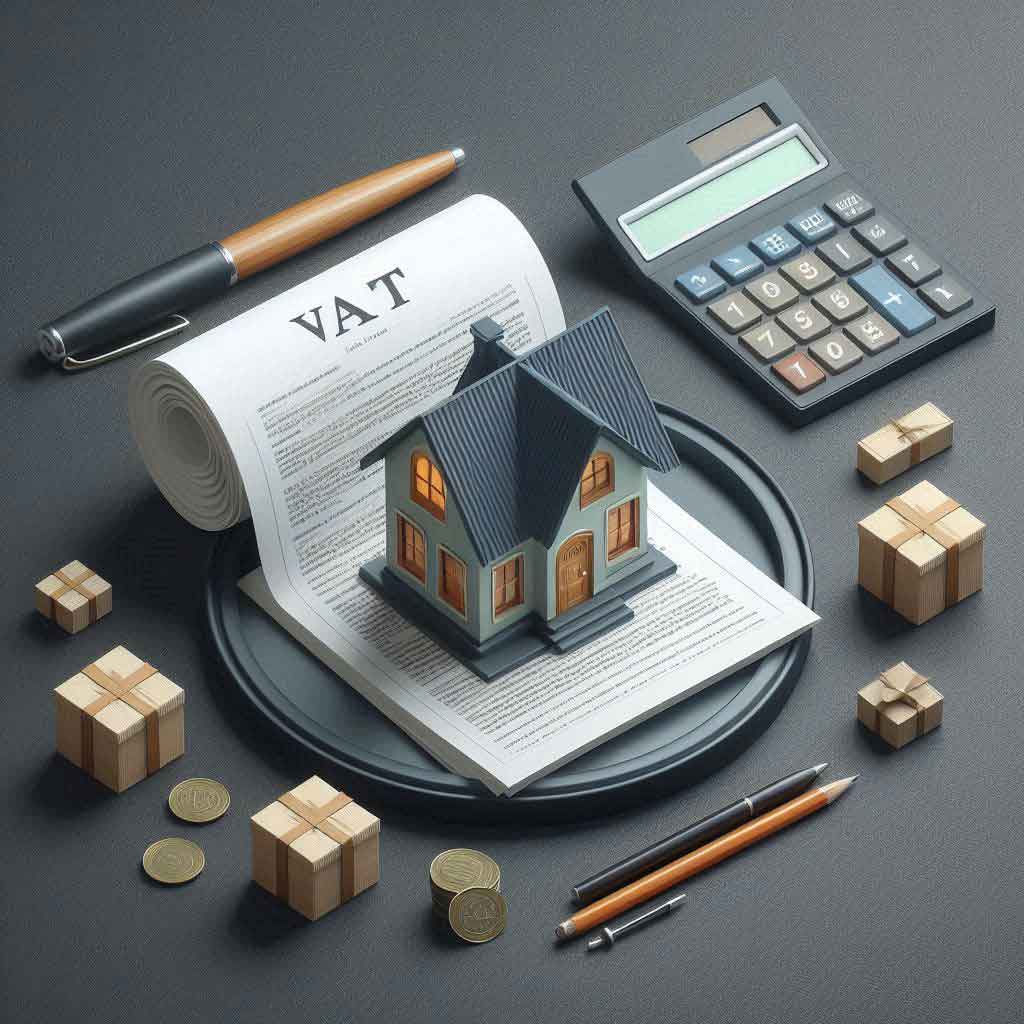
Table of Contents
ToggleTo make informed decisions about property investments property investments in Ghana, it is essential to have a solid understanding of the real estate market and the regulations that govern property investments in the country.
The real estate market in Ghana has experienced significant growth in recent years. The demand for both residential and commercial properties has been steadily increasing, driven by factors such as population growth, urbanization, and economic development. Ghana’s stable political environment and favorable business climate have also contributed to the attractiveness of the real estate sector.
The property market in Ghana offers a range of investment opportunities, from affordable housing options to high-end luxury properties. The major cities, including Accra, Kumasi, and Takoradi, have seen substantial development in both residential and commercial properties. Additionally, the government’s initiatives to promote real estate investment have further enhanced the market’s potential. For more information on the Ghanaian real estate market, refer to our article on ghana real estate market.
 Understanding the property investment regulations in Ghana regulations in Ghana is crucial for both expatriates and locals looking to invest in real estate. Ghana has specific laws and regulations that govern property ownership, land acquisition, and foreign investment. Familiarizing yourself with these regulations will ensure that you comply with the legal requirements and protect your investment.
Understanding the property investment regulations in Ghana regulations in Ghana is crucial for both expatriates and locals looking to invest in real estate. Ghana has specific laws and regulations that govern property ownership, land acquisition, and foreign investment. Familiarizing yourself with these regulations will ensure that you comply with the legal requirements and protect your investment.
Some of the key property investment regulations in Ghana include:
By being knowledgeable about property investment regulations in Ghana, you can navigate the real estate market with confidence and ensure compliance with legal requirements. It is advisable to consult with local professionals, such as real estate agents and lawyers, who have expertise in Ghanaian property laws. For more information on buying property in Ghana in Ghana, refer to our article on buying property in Ghana.
As you explore investment opportunities in Ghana’s real estate market, keep in mind that conducting thorough due diligence and working with reputable real estate professionals are essential steps to maximize your returns and mitigate risks.
Understanding the property ownership regulations is essential for anyone looking to invest in real estate in Ghana. The legal framework in Ghana ensures that property rights are protected and provides guidelines for property ownership.
In Ghana, property ownership can be categorized into two main types: freehold and leasehold. Freehold ownership grants the owner full rights and control over the property indefinitely. On the other hand, leasehold ownership involves leasing the property for a specified period of time, typically long-term leases ranging from 50 to 99 years.
To ensure a smooth property ownership process, it is crucial to work with a qualified lawyer who specializes in real estate transactions. They can guide you through the legal requirements, including conducting title searches, verifying property ownership, and preparing the necessary documentation.

Ghana has specific laws and regulations governing land acquisition. The Land Act of 2020 and the Land Use and Spatial Planning Act of 2016 outline the legal framework for land acquisition and development in Ghana.
Under the Land Act, there are various ways to acquire land in Ghana, including customary, public, and private land transactions. It is important to understand the specific requirements and procedures for each type of land acquisition. Working with a local real estate professional or lawyer who is familiar with the Ghanaian land acquisition laws can help ensure compliance and avoid potential legal issues.
Foreigners and expatriates looking to invest in real estate in Ghana should be aware of the foreign investment restrictions in place. The Ghana Investment Promotion Centre (GIPC) Act regulates foreign investment in various sectors, including real estate.
While Ghana welcomes foreign investment, there are certain restrictions and regulations that must be followed. For instance, non-Ghanaians are required to obtain approval from the GIPC for investments in the real estate sector. Additionally, there are limitations on the ownership of land in certain areas, such as areas designated as sensitive or strategic.
It is advisable to consult with the GIPC or seek legal advice regarding the specific requirements and restrictions for foreign investment in the Ghanaian real estate market. Understanding these regulations will help ensure a smooth and compliant investment process.
By familiarizing yourself with the property ownership regulations, land acquisition laws, and foreign investment restrictions in Ghana, you can navigate the legal framework for property investment more effectively. Working with local professionals and seeking legal guidance will provide you with the necessary expertise to maximize your investment opportunities in Ghana’s real estate market.
When investing in real estate in Ghana, it is crucial to understand the taxation considerations associated with property ownership. Being aware of the tax regulations and implications can help you make informed decisions and maximize your returns. In this section, we will explore the key taxation considerations for property investors in Ghana, including property taxes, capital gains tax, and value-added tax (VAT) on real estate transactions.
Property owners in Ghana are subject to property taxes, which are levied by the local government authorities. These taxes are based on the assessed value of the property and are typically paid annually. The rates and assessment methods may vary depending on the location and type of property.
To determine the property tax amount, the Ghana Revenue Authority (GRA) considers factors such as the size, location, and use of the property. It is important to consult with a tax professional or the local tax authority to understand the specific property tax rates and requirements in the area where you intend to invest.
Capital gains tax is applicable on the profit made from the sale of a property in Ghana. The tax is calculated based on the difference between the purchase price and the selling price of the property. The current capital gains tax rate in Ghana is 15%.
It’s important to note that non-resident individuals and entities may be subject to different capital gains tax rates compared to residents. Additionally, there may be specific rules and exemptions for certain types of properties or circumstances. Seeking advice from a tax professional is recommended to ensure compliance with the capital gains tax regulations and to optimize your tax liability.

In Ghana, real estate transactions are subject to Value Added Tax (VAT) at a standard rate of 12.5%. This tax is imposed on the supply of certain goods and services related to real estate, including the sale or lease of residential and commercial properties. The VAT is typically paid by the buyer or tenant of the property.
It’s important to factor in the VAT when budgeting for a real estate transaction in Ghana. The VAT amount should be clearly stated in the purchase or lease agreement. Consulting with a tax professional or seeking guidance from the Ghana Revenue Authority (GRA) can help you understand the specific VAT requirements and implications for your real estate investment.
Understanding the taxation considerations is vital for successful property investment in Ghana. By being aware of the property taxes, capital gains tax implications, and the VAT on real estate transactions, you can effectively plan your investment strategy and ensure compliance with the tax regulations. It is recommended to seek guidance from tax professionals or experts familiar with the Ghanaian tax system to navigate the complexities and maximize your returns.
When it comes to property investment in Ghana, there are several government initiatives and investment opportunities that make the real estate market an attractive option for both local and foreign investors. Understanding these opportunities and incentives is crucial for maximizing your returns and making informed investment decisions.
The Government of Ghana has implemented various initiatives to promote and support real estate investment in the country. These initiatives aim to attract both local and foreign investors, stimulate economic growth, and address the housing deficit. Some of the key government initiatives include:
Ghana has designated special investment zones that provide unique opportunities for real estate investment. These zones are strategically located and offer various incentives to attract investors. Some of the prominent investment zones in Ghana include:

Investing in Ghana’s real estate market offers several benefits that make it an attractive option for investors:
Investors looking to capitalize on these opportunities should conduct thorough due diligence, seek advice from local real estate professionals, and stay informed about the Ghana real estate market. By understanding the government initiatives, investment zones, and benefits of investing in Ghana’s real estate, you can make informed decisions to maximize your returns and achieve long-term success in the market.
Investing in real estate requires thorough due diligence to ensure a successful and profitable venture. When considering property investment in Ghana, it’s important to conduct proper research and take necessary precautions. This section highlights key aspects of due diligence that should be undertaken before making any property investment decisions.
Before finalizing a property investment, it’s crucial to conduct comprehensive property surveys and inspections. This helps in assessing the condition of the property, identifying any potential issues, and estimating repair or renovation costs. Engaging a qualified surveyor or inspector is essential to ensure a thorough evaluation of the property.
During the survey or inspection, factors such as the structural integrity, electrical systems, plumbing, and overall maintenance should be carefully examined. It’s advisable to request copies of property documents, including title deeds, building permits, and any relevant approvals, to verify the authenticity and legality of the property. By conducting these surveys and inspections, investors can make informed decisions and mitigate potential risks.
If the property is intended for rental purposes, understanding lease agreements and tenancy laws is crucial. Familiarize yourself with the legal requirements and obligations of both landlords and tenants in Ghana. This includes understanding the duration of leases, rent escalation clauses, and tenant rights and responsibilities.
Consulting with legal professionals who specialize in property law can provide valuable insights and guidance. They can help draft or review lease agreements, ensuring compliance with local regulations. It’s important to be aware of the procedures for eviction, handling security deposits, and resolving disputes that may arise during the tenancy period.
Navigating the Ghanaian real estate market can be challenging for foreign investors. Working with local real estate professionals, such as real estate agents and real estate developers, can greatly simplify the process and provide valuable expertise.
Experienced real estate agents can assist in identifying suitable investment opportunities, negotiating prices, and guiding you through the legal and administrative aspects of property acquisition. They have extensive knowledge of the local market, including trends, property values, and investment hotspots. Additionally, engaging with reputable real estate developers can provide access to pre-vetted and well-designed properties.
Collaborating with local professionals helps ensure a smooth and successful property investment journey. Their expertise and network can contribute significantly to maximizing returns and minimizing potential risks.
By conducting thorough property surveys and inspections, understanding lease agreements and tenancy laws, and working with local real estate professionals, investors can make informed decisions and mitigate risks associated with property investment in Ghana. Engaging in proper due diligence is essential for long-term success and maximizing returns.

When it comes to property investment in Ghana, it’s important to have effective risk management strategies in place. This helps to protect your investment and maximize your returns. In this section, we will explore three key risk management strategies: seeking legal assistance, obtaining insurance coverage, and diversifying your property portfolio.
Navigating property transactions in Ghana can be complex, especially for foreigners and expatriates. To ensure a smooth and legally sound investment process, it is highly advisable to seek legal assistance from experienced professionals. A real estate lawyer specializing in Ghana’s property laws can guide you through the legal requirements, review contracts, and help you understand the intricacies of property ownership in the country.
Working with a knowledgeable legal professional can help you avoid potential pitfalls, ensure compliance with regulations, and protect your interests. They can also provide valuable advice on property due diligence, title verification, and any legal considerations specific to your investment. Collaborating with a trusted lawyer is an essential risk management strategy for property transactions in Ghana.
Another important risk management strategy is obtaining insurance coverage for your real estate investments in Ghana. Property insurance protects against unforeseen events such as fire, natural disasters, theft, or vandalism. It provides financial security by compensating for damages or losses to your property.
When selecting insurance coverage, it’s essential to work with reputable insurance providers who understand the local market and its unique risks. Consider policies that offer comprehensive coverage, including building structure, contents, and liability protection. Engaging the services of an insurance broker with expertise in Ghana’s real estate market can help you find the most suitable insurance options for your investment needs.
Diversifying your property portfolio is a key risk management strategy that reduces your exposure to market fluctuations. Instead of investing solely in one type of property or location, consider spreading your investments across different property types, such as residential, commercial, or industrial properties. Additionally, diversifying across various locations within Ghana can help mitigate the impact of localized market changes.
By diversifying your property portfolio, you can potentially increase your chances of earning stable returns and minimizing risks associated with a single investment. Conduct thorough market research, consult with real estate professionals, and stay informed about emerging investment opportunities and trends in different areas. This approach allows you to adapt to market dynamics and optimize your returns.
Implementing these risk management strategies – seeking legal assistance, obtaining insurance coverage, and diversifying your property portfolio – can help you safeguard your investments and navigate Ghana’s property market more effectively. Remember to conduct due diligence, assess risk factors, and stay informed about the Ghana real estate market estate market to make informed decisions that align with your investment goals.
